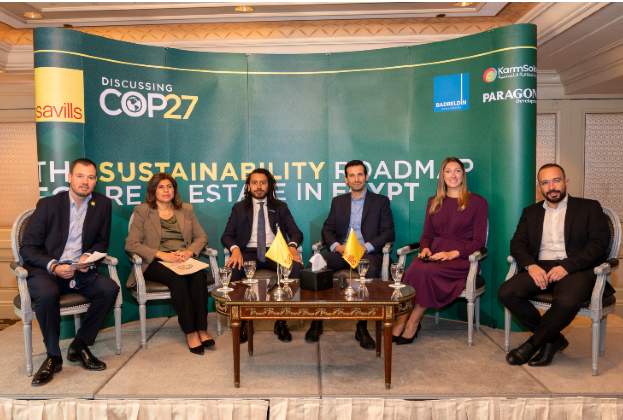1. INTEGRATED SUSTAINABILITY
All businesses are expected to have sustainability woven into the fabric of their organisations. Dedicated experts are needed more than ever, but there is also a growing requirement for sustainability to become a part of everyone’s day-to-day job description.
2. ZERO TOLERANCE FOR ‘GREEN WASH’
Promises made by global leaders at COP26 were famously dismissed last year by Greta Thunberg as more ‘blah, blah, blah’. The public understanding and subsequent scrutiny of sustainability commitments has never been higher. The expectation for honesty and accountability will impact organisations who fail to comply.
3. DISCLOSURE AND REPORTING
More and more countries will be following the likes of the UK to make sustainability reporting and disclosure mandatory. Data will be needed if we are to meet the pledges made at COP26.
The United Nations (UN) backed non-profit Science Based Targets initiative (SBTi) is one such organisation set up to help companies collect more comprehensive inventory of their emissions, avoiding greenwashing.
4. SUPPLY CHAINS
Supply chain sustainability is essential for those who wish to achieve net zero and circular economy commitments. At present, many companies exclude their supply chains although they typically account for 80% of scope 3 emissions. The trickle-down effect of sustainable supply chain management has the potential to significantly raise standards.
5. LOW CARBON TRANSPORT
A huge push is coming to decarbonise transport and EVs are leading the way. Following the COP26 declaration to sell only cars and vans with zero emissions by 2040, more manufacturers will be shifting to electric cars in the year ahead. This will lead to the acceleration of EV infrastructure.
6. DEFORESTATION
COP26 delivered on a ground-breaking pledge to end deforestation by 2030 as an integral part of the path to net zero. While there is currently little clarity on how this will be achieved, the importance of nature for maintaining the world economy should inspire investors to consider the loss of biodiversity and deforestation as a systemic risk.
7. REGULATING AND MEASURING THE ‘S’ IN ESG
Traction is building on the clearer measurement and regulation of the ‘S’ in ESG: the social value generated. This can include diversity and inclusion, human rights and health, wellbeing and safety considerations in real estate. Mixed-use developments such as Arkan Plaza in Egypt, which also houses Savills country office, is a prime example of how companies are placing social value generation at the heart of their project planning.
8. STANDARDISATION
There are over 400 sustainability standards, benchmarks and certifications which organisations can voluntarily choose to adopt. Industry standards are important tools to provide transparency and a level playing field across organisations, but it’s a complex and confusing landscape for many, especially nascent markets such as Egypt. To cut through the confusion, a streamlining is expected to be called for by many sectors.


-(1)(1)(1).jpg)

.jpg)



